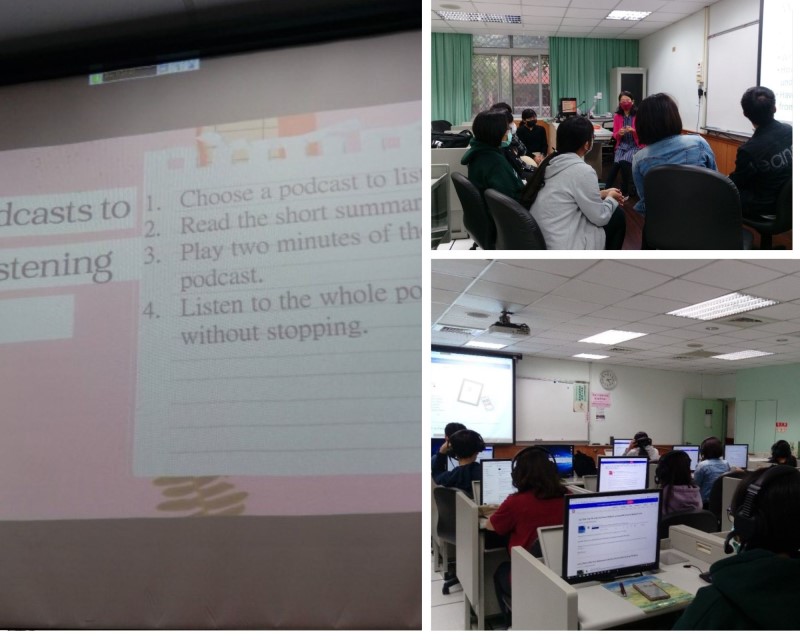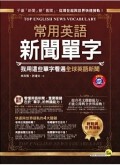Queen’s Death Prompts Commonwealth Nations to Question Monarchy Ties
VOA News|EUROPE
September 16, 2022 2:03 PM (source)
Queen's Death Prompts Commonwealth Nations to Question Monarchy Ties
英女王逝世促使大英國協國家質疑其君主制關係
September 16, 2022 2:03 PM
VOA News 搶先看
大英國協是個由 56 個國家以英國王室為首組成的國際協會,其中成員大多為前英國殖民地獨立的國家。該組織於 2018 年同意在伊麗莎白二世女王逝世後任命查爾斯王儲為領導者,當時此舉引發諸多組織成員不滿,此舉對殖民時期深受剝削的加勒比海國家更具爭議性。如今女王逝世,再次讓這些前殖民地國家重新省思自己被大英帝國殖民的歷史,與皇室對他們象徵與實質上的意義。
The death of Britain's Queen Elizabeth II last week has sparked renewed debate in many Commonwealth countries, most of them former British colonies, about their future ties to the monarchy.
Britain wasn't alone in proclaiming a new king upon the death of Elizabeth. Australia, New Zealand, Canada and Jamaica are among 14 other nations where King Charles III is the new head of state. Echoing the ceremonies in London, proclamation ceremonies were held in several capitals, from Nassau in the Bahamas to Suva in Fiji.
Fifty-six countries are members of the Commonwealth, an association of mostly former British colonies. In 2018, the organization agreed to appoint Charles as its head upon the death of Queen Elizabeth II, prompting anger among some members, especially in the Caribbean.
"The death of Queen Elizabeth absolutely will mark a turning point," said Sonjah Stanley Niaah of the University of the West Indies in Jamaica, in an interview with VOA on Wednesday.
"Many countries have really been considering their own role, their own place in the commonwealth. And I think that now that Queen Elizabeth has passed, there is going to be certainly more of a move to disassociate themselves from the commonwealth," Niaah said.
Republicanism
Australia's Prime Minister Anthony Albanese, an avowed republican who was elected in May, wants a referendum on removing the British monarch as head of state in the next parliament.
"It's not appropriate now … to talk about constitutional change. What is appropriate right now is to commemorate the life of service of Queen Elizabeth II," Albanese told reporters this week.
Antigua and Barbuda, as well as St. Lucia, both in the Caribbean, have expressed similar plans. For the first time, the government of the Bahamas this week said such a referendum was possible.
"The only challenge with us moving to a republic is that I can't, as much as I would wish to do so, I can't do it without you all to consent. I would have to have a referendum and hear what the people have to say to me … it is our people who will have to decide," Bahamian Prime Minister Philip Davis said September 9.
A poll taken in August, before the queen's death, showed that 56% of Jamaicans are in favor of removing the British monarch as head of state.
In November last year, the Caribbean Island of Barbados became a republic, severing ties with the British monarchy. Guy Hewitt, a former high commissioner to the U.K., told VOA he did not believe the Barbadian people disliked the monarchy.
"I make the point that Barbados' journey to a republic was not a rejection of the queen or of monarchy, but more so an affirmation of a right toward self-determination," Hewitt said.
Slavery
Intrinsic to the debate is the legacy of colonial rule. Britain and other European nations enslaved millions of Africans until the 19th century, forcing them to work on plantations in the Caribbean and the Americas. Critics argue the monarchy's wealth is partly based on profits from the slave trade.
"This commonwealth of nations, that wealth belongs to England. That wealth is something we never shared in. So, for us in Jamaica, the monarchy is a harsh reminder of our unfortunate past," Bert Samuels of the Reparation Council of Jamaica told Associated Press.
Reparations
That does not go far enough, said Sonjah Stanley Niaah of the University of the West Indies. "An apology is necessary. We must see remorse and we must see a time when reparations become important in the ways in which we move forward as former colonies."
"There is a critical mass of us in in the former colonies who are aware that a relationship in terms of the Commonwealth means very little to the real day-to-day conditions of persons who dwell in these countries. And so, I think that there is more awareness about reparatory justice, there is more awareness about the role that that slavery still plays in today's society," Niaah told VOA.
Language Notes
註 1:renew 為動詞,意指重新開始
註 2:proclaim 為動詞,意指宣佈,聲明
註 3:disassociate 為動詞,意指使分開,使分離,使脫離
註 4:avowed 為形容詞,意指公開承認的,公開宣稱的
註 5:intrinsic 為形容詞,意指固有的,本質的,根本的
註 6:reparation 為名詞,意指賠償,補償,彌補.
BACK TO CONTENT
Check your comprehension!
Choose the BEST answer to each of the questions below. After you finish, highlight the parentheses to reveal the hidden answers.
1. ( D ) What is the main idea of the article?
(A) The mourning of Queen Elizabeth II and the commiseration of her legacy.
(B) The forming of Commonwealth nations and its long-term economic impact.
(C) The breaking of the British Empire and its colonial rule across the world.
(D) The questioning of the role of monarchy by nations that were former colonies.
2. ( A ) What is TRUE of the Commonwealth countries?
(A) The majority of them used to be ruled by Britain.
(B) Queen Elizabeth II is currently their head of state.
(C) Australia is currently exiting the Commonwealth.
(D) Most commonwealth nations celebrate colonialism.
3. ( C ) How do commonwealth nations decide to remove the British monarch as head of state?
(A) Through a revolution.
(B) Through a petition.
(C) Through a referendum.
(D) Through an election.
編譯:外語教學暨資源中心 編輯小組
|





 *課程開課日期:2022/10/31 - 2022/01/13
*課程開課日期:2022/10/31 - 2022/01/13 













